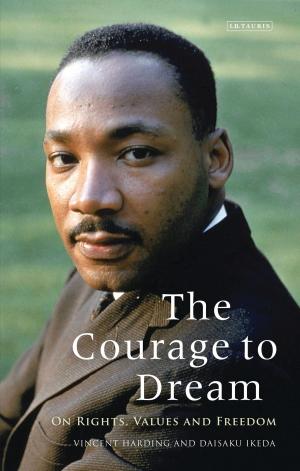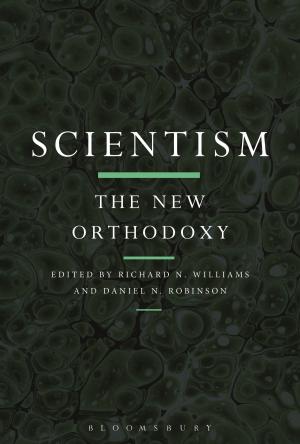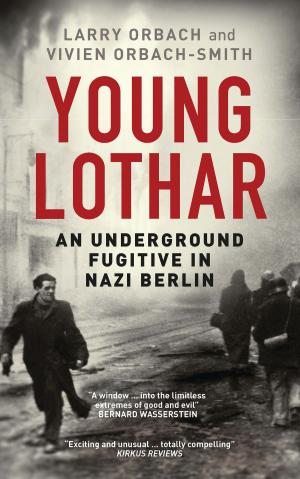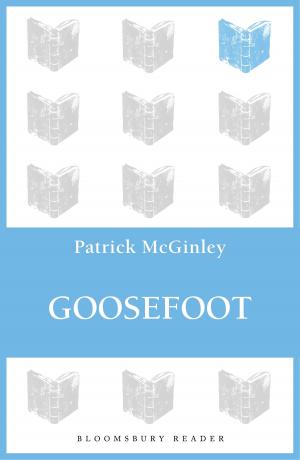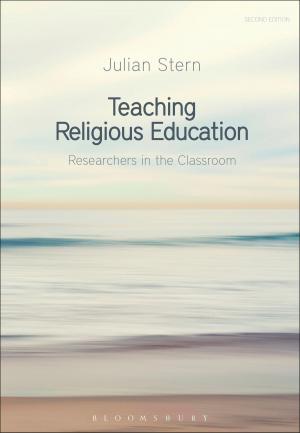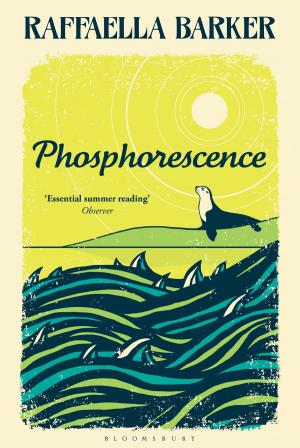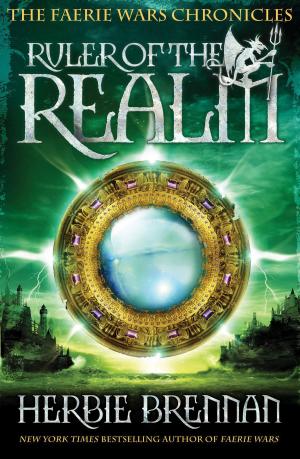John Theophilus Desaguliers
A Natural Philosopher, Engineer and Freemason in Newtonian England
Nonfiction, History, Modern, 18th Century, Science & Nature, Science, Other Sciences| Author: | Dr Audrey T. Carpenter | ISBN: | 9780826431486 |
| Publisher: | Bloomsbury Publishing | Publication: | October 6, 2011 |
| Imprint: | Continuum | Language: | English |
| Author: | Dr Audrey T. Carpenter |
| ISBN: | 9780826431486 |
| Publisher: | Bloomsbury Publishing |
| Publication: | October 6, 2011 |
| Imprint: | Continuum |
| Language: | English |
John Theophilus Desaguliers made his mark on the eighteenth century in several diverse ways. He was an assistant to Sir Isaac Newton and later elucidated the difficult concepts of Newtonian physics in private lectures. He was a member of the Royal Society, and was presented with the Society's highest honour, the Copley Medal, no less than three times. He was a pioneering engineer: the water supply of Edinburgh, the ventilation of the Houses of Parliament and the first Westminster Bridge all owed him a debt. In a different sphere, Desaguliers became the third Grand Master of the Grand Lodge of the Freemasons which was founded in 1717. He is remembered worldwide for his seminal influence during those early days of Freemasonry. He also wrote poetry and had an influential circle of patrons, including George I and Frederick, Prince of Wales (whom he initiated as a Mason at a specially convened lodge at Kew). This biography, based on original research, describes a charismatic character who was a major figure of his age.
John Theophilus Desaguliers made his mark on the eighteenth century in several diverse ways. He was an assistant to Sir Isaac Newton and later elucidated the difficult concepts of Newtonian physics in private lectures. He was a member of the Royal Society, and was presented with the Society's highest honour, the Copley Medal, no less than three times. He was a pioneering engineer: the water supply of Edinburgh, the ventilation of the Houses of Parliament and the first Westminster Bridge all owed him a debt. In a different sphere, Desaguliers became the third Grand Master of the Grand Lodge of the Freemasons which was founded in 1717. He is remembered worldwide for his seminal influence during those early days of Freemasonry. He also wrote poetry and had an influential circle of patrons, including George I and Frederick, Prince of Wales (whom he initiated as a Mason at a specially convened lodge at Kew). This biography, based on original research, describes a charismatic character who was a major figure of his age.




